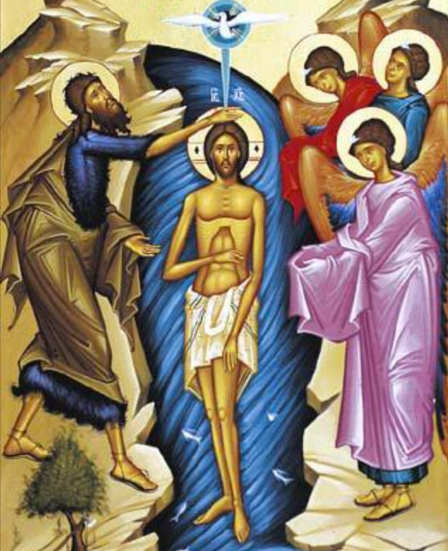Christian Art | Prayer With Jesus | Psalms | All Lands Summoned To Praise God | King David As A Boy | Audio KJV | Love Revealed By Jesus Christ | King James Audio Bible
Psalm 100 | King James Audio Bible
YouTube: Psalm 100 | KJV | King James Version | Audio Bible | Word Aloud
The psalm calls the world to worship. The psalm unfolds as an harmonious blend of exuberant praise, acknowledging the God’s sovereignty, the divine relationship with His people, and the everlasting nature of God’s goodness, mercy, and truth. As worshippers are beckoned into the presence of God with gladness, Psalm 100 is a profound expression of gratitude and an enduring anthem of celebratory worship.
The psalm commences with a clear directive: ‘Make a joyful noise unto the Lord, all ye lands.’ This opening call is universal, extending to all corners of the earth. The emphasis is on a collective, exuberant expression of joy, signaling a celebration that transcends geographical and cultural boundaries.
Verse two extends the call to worship, urging believers: ‘Serve the Lord with gladness: come before his presence with singing.’ Here, the act of worship is characterized not only by joy but also by glad service. Imagery of coming before the Lord with singing underscores the intimate and joyous nature of the relationship between the worshipper and the Divine.
The third verse introduces a foundational truth: ‘Know ye that the Lord he is God: it is he that hath made us, and not we ourselves; we are his people, and the sheep of his pasture.’ This declaration emphasizes recognition of God’s sovereignty and the acknowledgment that humanity belongs to Him. The imagery of being the sheep of God’s pasture conveys a sense of care, guidance and protection.
The fourth verse extends an invitation into God’s presence: ‘Enter into his gates with thanksgiving, and into his courts with praise: be thankful unto him, and bless his name.’ Worship is depicted as a journey, where thanksgiving and praise serve as the keys to accessing the gates and courts of the Lord. The act of blessing God’s name encapsulates an attitude of gratitude and reverence.
The concluding verse expresses enduring qualities of God: ‘For the Lord is good; his mercy is everlasting, and his truth endureth to all generations.’ This assertion reinforces the psalm’s central themes of goodness, everlasting mercy and enduring truth.

Psalm 100 | King James Audio Bible
Make a joyful noise unto the Lord, all ye lands.
Serve the Lord with gladness: come before his presence with singing.
Know ye that the Lord he is God: it is he that hath made us, and not we ourselves; we are his people, and the sheep of his pasture.
Enter into his gates with thanksgiving, and into his courts with praise: be thankful unto him, and bless his name.
For the Lord is good; his mercy is everlasting, and his truth endureth to all generations.
Psalm 100 | King James Audio Bible
- Joyful Worship: The psalm is a resounding call to make a joyful noise and serve the Lord with gladness, emphasizing the celebratory nature of worship.
- Acknowledgment Of God’s Sovereignty: Worshipers are urged to know that the Lord is God, recognizing God’s sovereignty and authority over creation.
- Divine Relationship: The psalm highlights the intimate relationship between God and His people, portraying believers as the sheep of God’s pasture, underlining care, guidance and protection.
- Gratitude And Thanksgiving: Worship is characterized by entering into God’s presence with thanksgiving and praise, fostering an attitude of gratitude and reverence.
- Blessing His Name: The act of blessing the name of the Lord signifies an expression of gratitude, honor, and reverence in worship.
- Enduring Qualities Of God: The psalm concludes with a reaffirmation of the God’s goodness, everlasting mercy and enduring truth, emphasizing the timeless and unchanging nature of God across generations.








